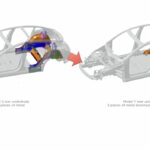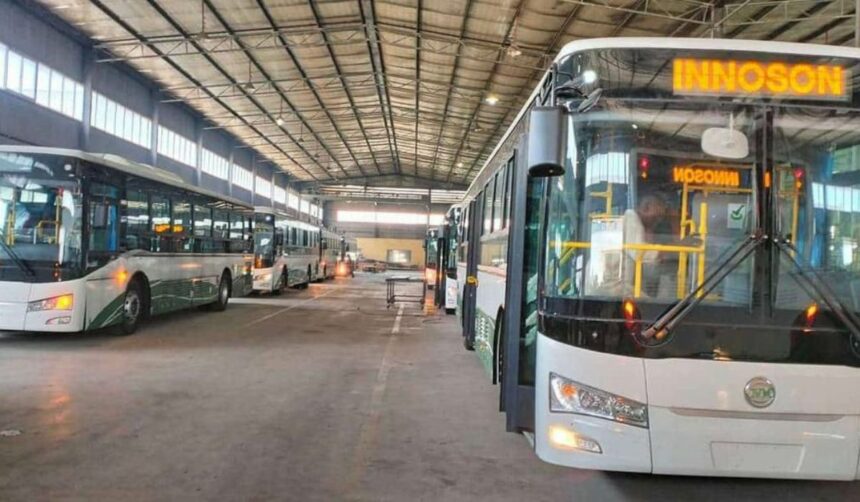As Nigerians prepare for a post-subsidy regime, experts say the federal government must provide public transportation and look for other means to alleviate citizens’ imminent hardship.
Transport fares across the country have skyrocketed due to the increase in the pump price of fuel nationwide.
Experts have called on the government to reduce citizens’ suffering by investing heavily in the transport sector.
Compressed Natural Gas (CNG)-powered cars are one of the most well-known alternatives.
The CNG vehicles offer a sustainable alternative that reduces dependency on petroleum products and contributes to a cleaner and healthier environment in Nigeria.
The advantages of CNG vehicles are:
1) Environmental Benefits: CNG vehicles considerably lessen the environmental impact of transportation. Vehicles fueled by compressed natural gas (CNG) release fewer harmful pollutants such as carbon dioxide, nitrogen oxides, and particulates than vehicles powered by conventional fuels.
2) Reduced Carbon Footprint: Nigeria must struggle to lessen its carbon footprint, just like many other nations. CNG vehicles provide a practical answer to this issue. By adopting CNG vehicles, we may significantly reduce Nigeria’s overall carbon emissions and get closer to our sustainability objectives.
3) Cost-Effectiveness and Fuel Efficiency: CNG vehicles offer a clear advantage in terms of pricing and fuel economy. There are significant fuel savings for both individuals and fleet operators when using compressed natural gas instead of petrol or diesel. As a result of their excellent fuel efficiency, CNG vehicles are also known for maximising cost savings by enabling drivers to travel longer distances on a single tank of gasoline.
4) Utilising plentiful Natural Gas supplies: CNG vehicles are the best option for Nigeria’s transportation needs because of the country’s plentiful natural gas supplies. Utilising this home resource helps to improve our energy independence and contributes to a more secure future by reducing our reliance on fossil fuels.
5) Infrastructure Development and Support: To encourage the wide adoption of CNG vehicles, a strong infrastructure network must be built. More people and businesses will be encouraged to comfortably switch to CNG vehicles thanks to this infrastructure, which will enable easy access to CNG fueling stations.










